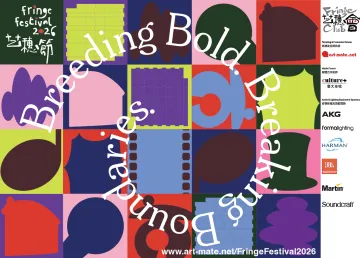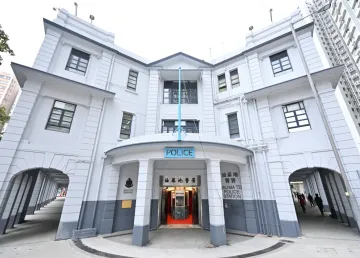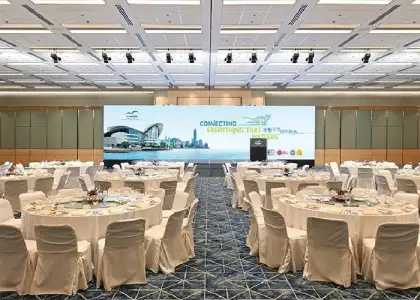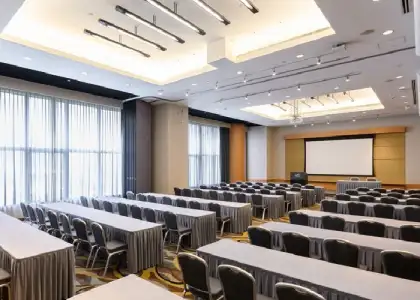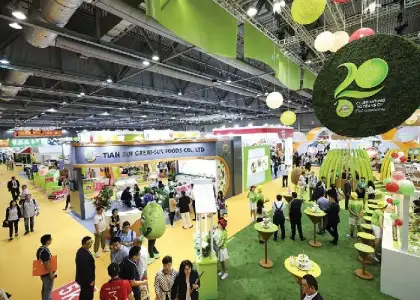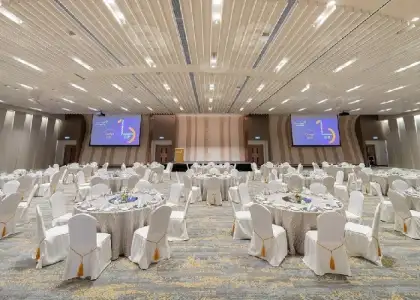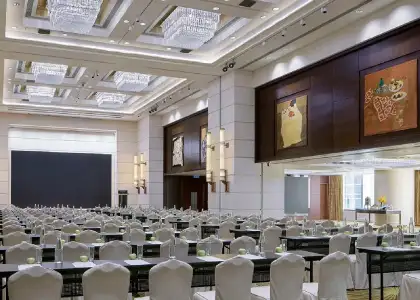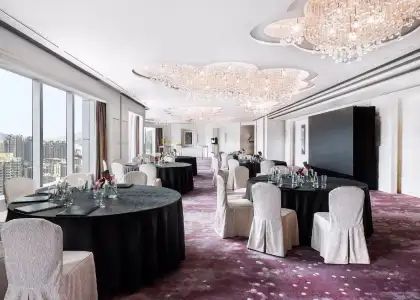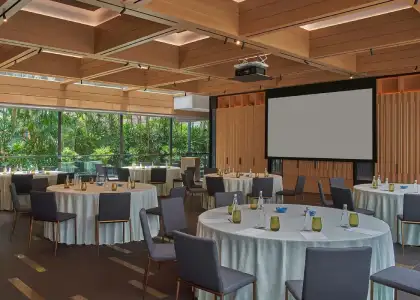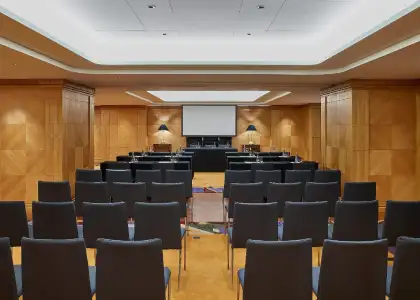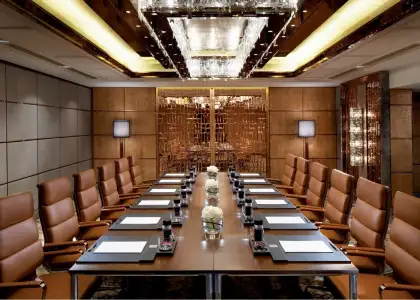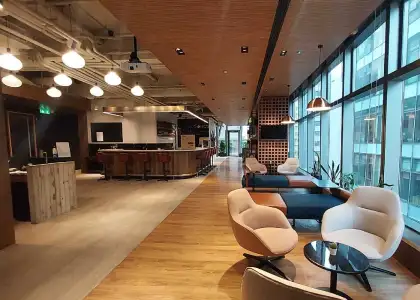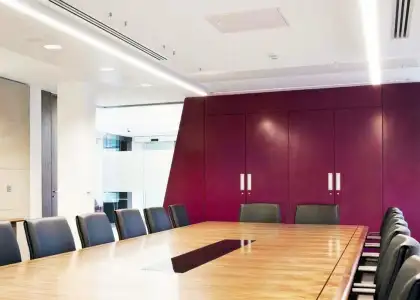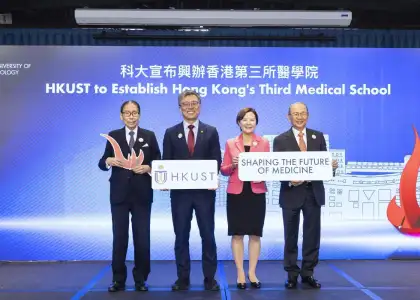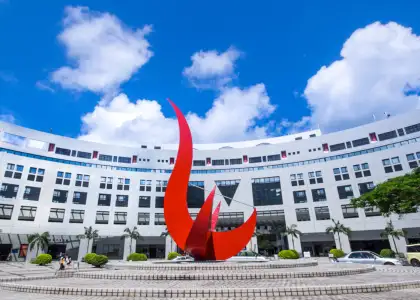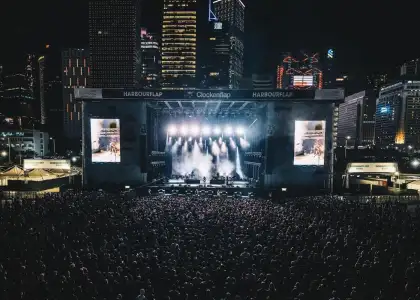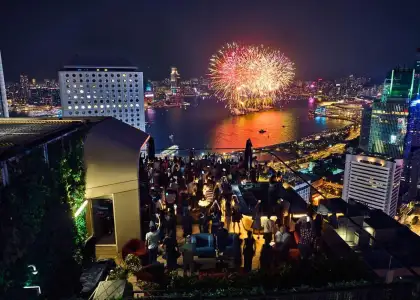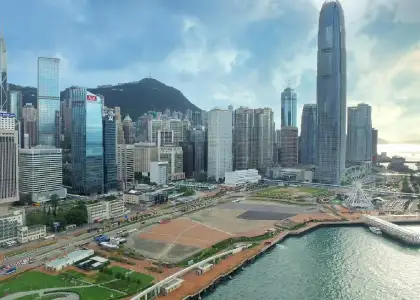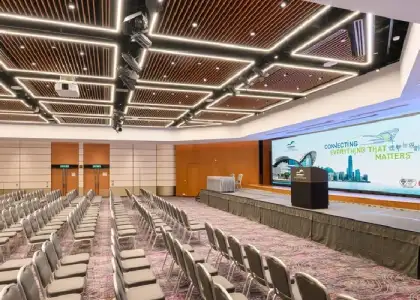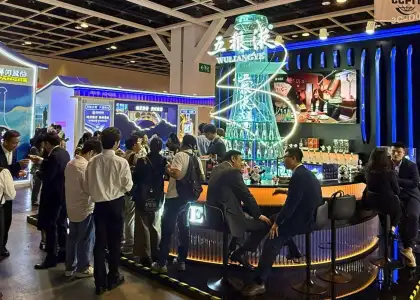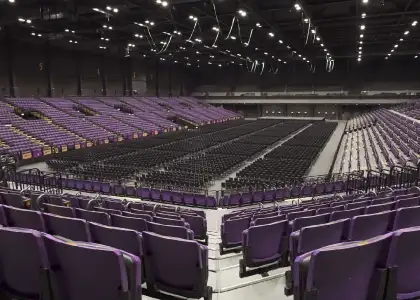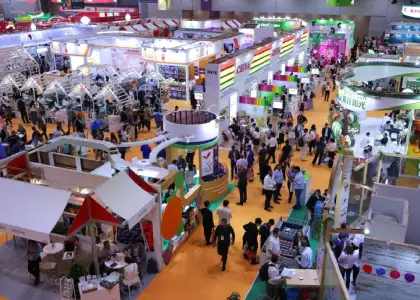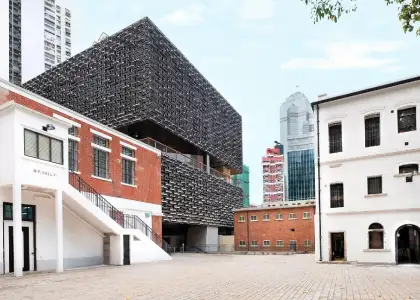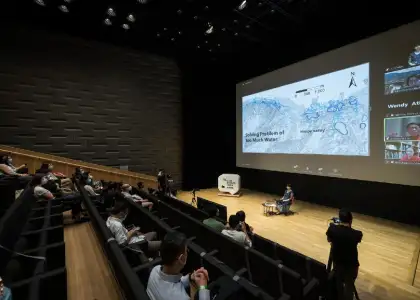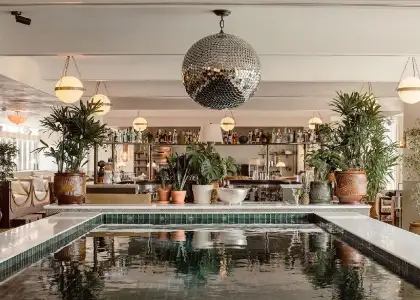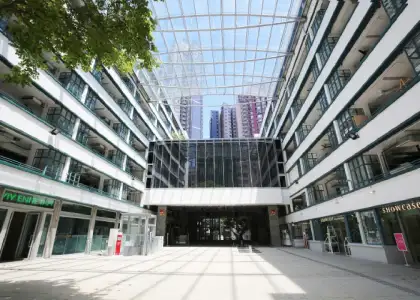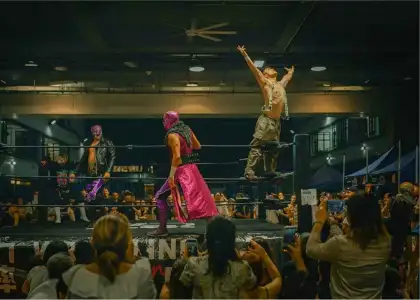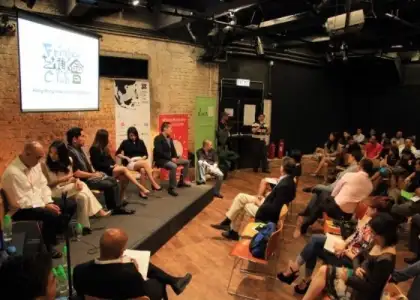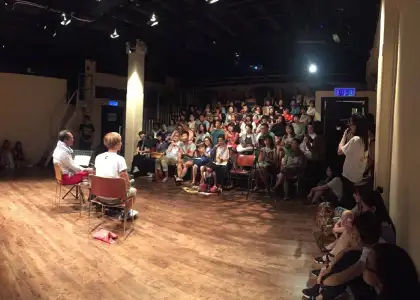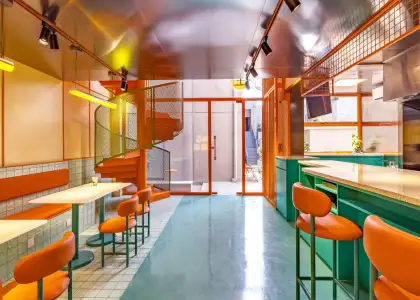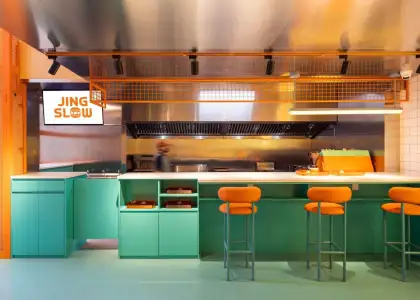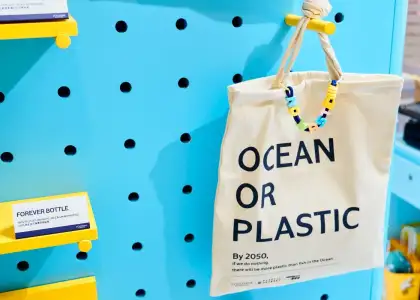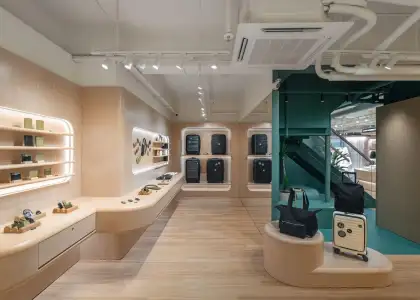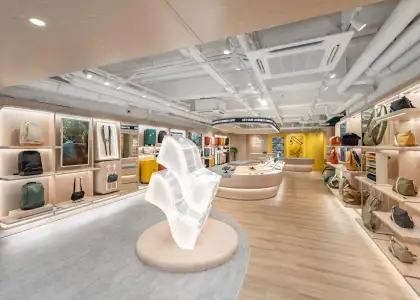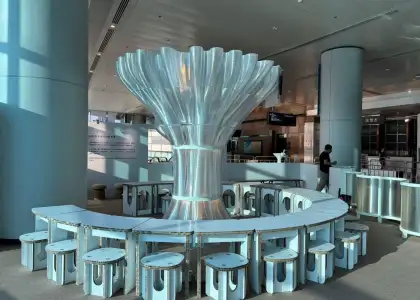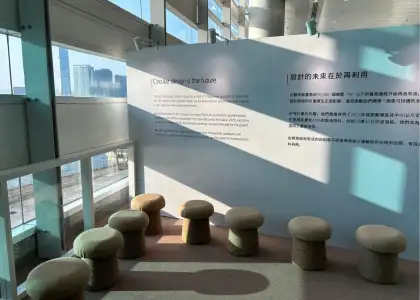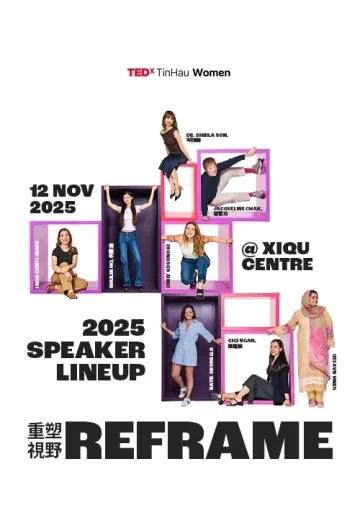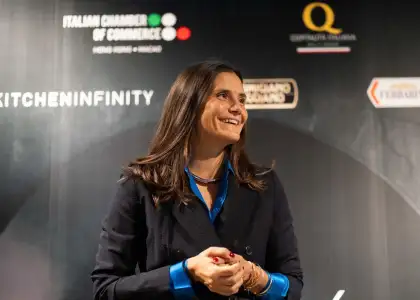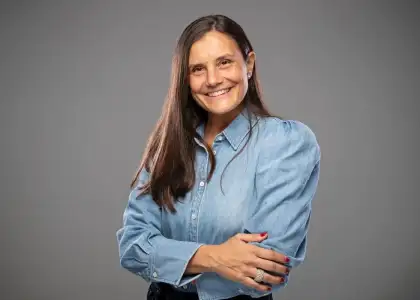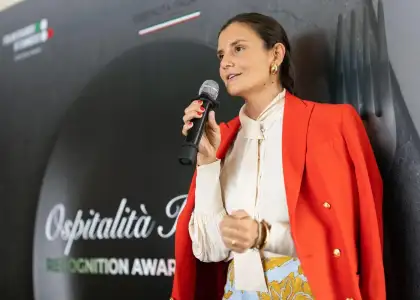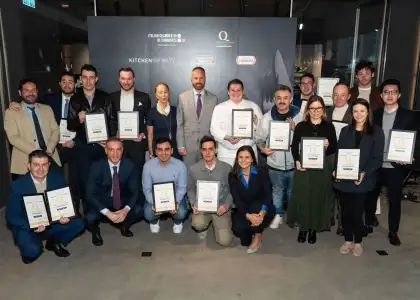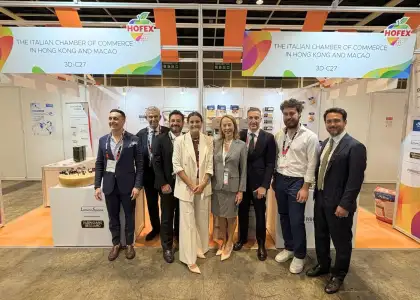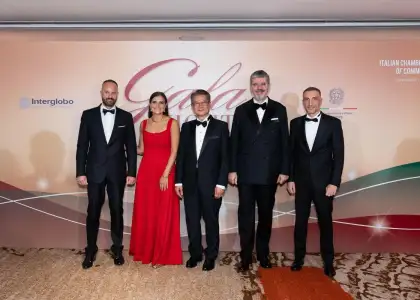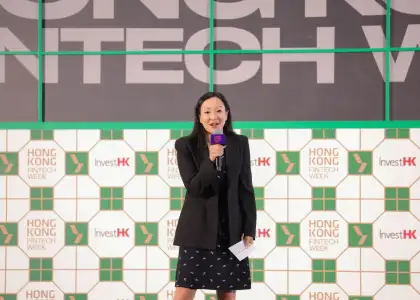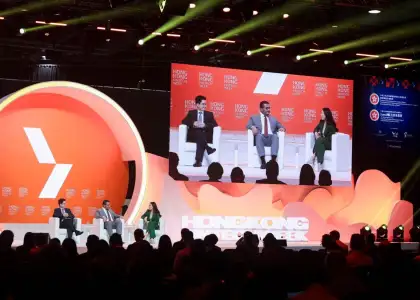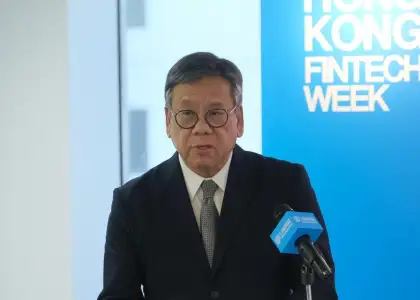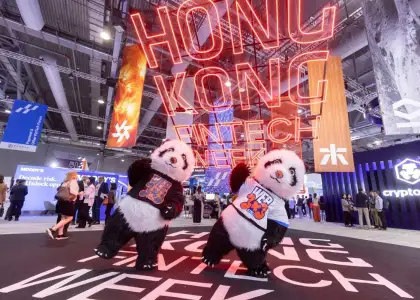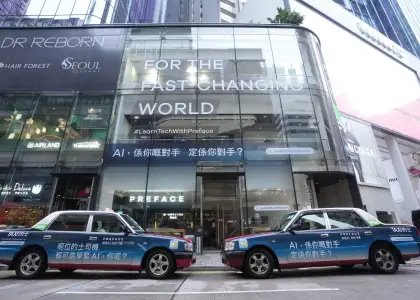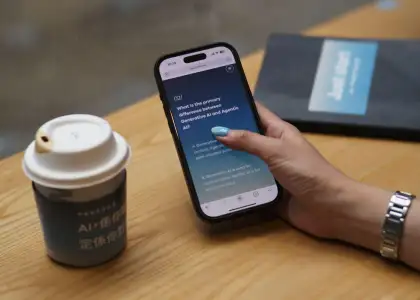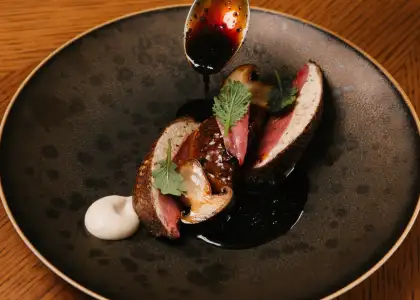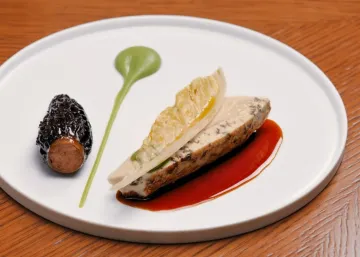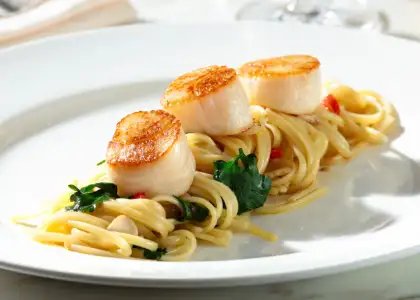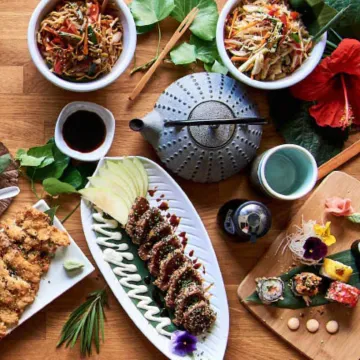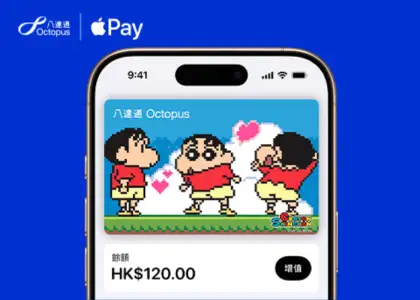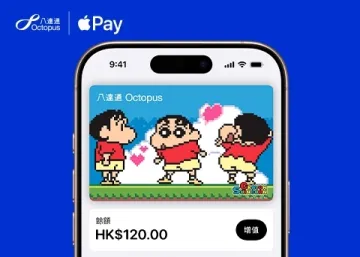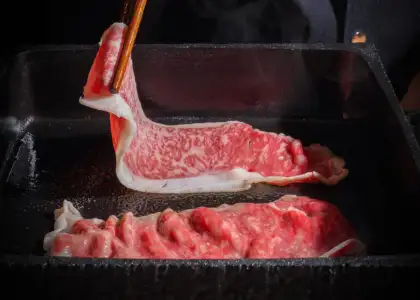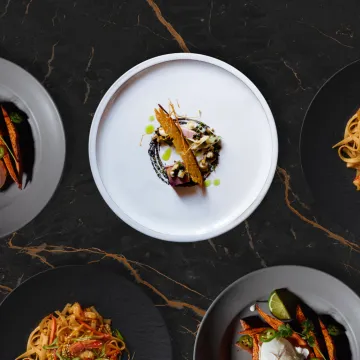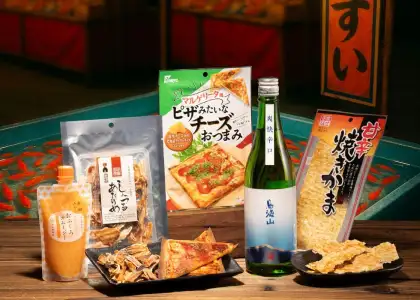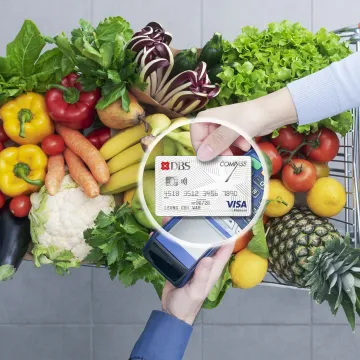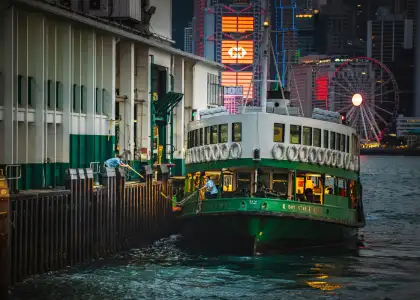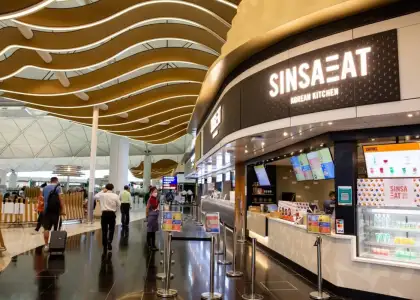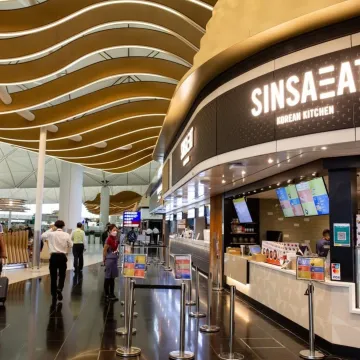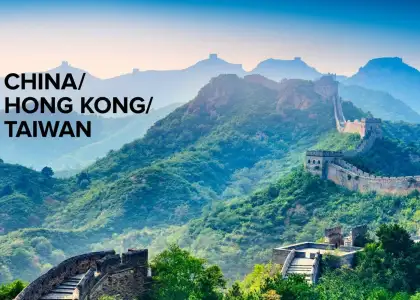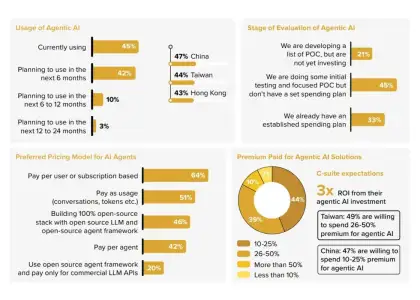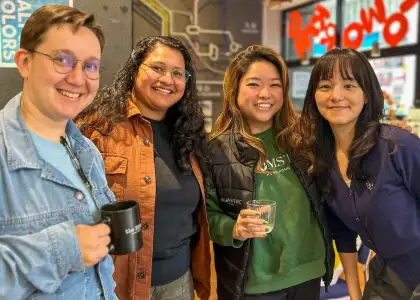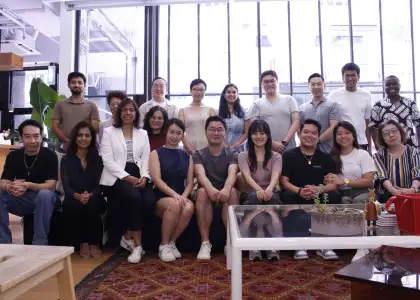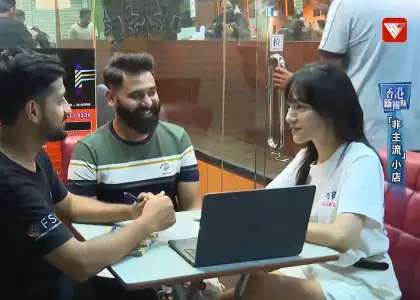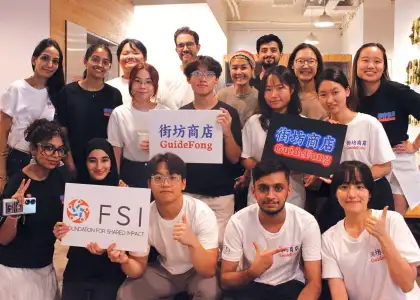Elevator Pitch: Plantin Kaviari GM Mickael Riou on Gourmet Excellence
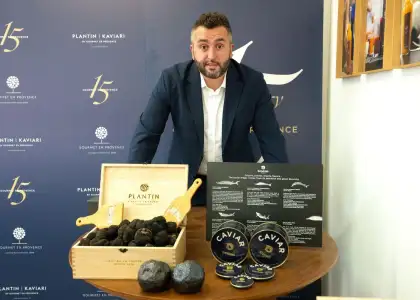
Commemorating its 15th anniversary in Hong Kong and Macau this year, gourmet food supplier Plantin Kaviari has long been a household name in the region’s finest Michelin-star and fine dining establishments, supplying only the highest quality ingredients. From truffles and caviar, to seafood and artisanal cheeses, the brand’s portfolio represents only the most premium vendors.
Always placing the quality of their products and service to their prestigious clientele first, 2024 marks 15 years of culinary excellence for Plantin Kaviari.
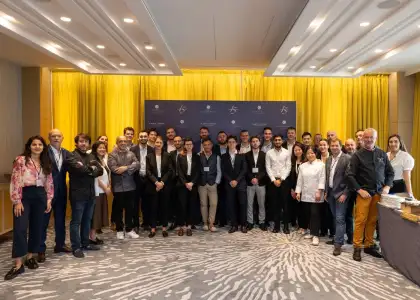
Diving into the gourmet brand’s path to success, The Beat Asia sat down with General Manager Mickael Riou to explore their luxury product range, important milestones, and core values, and look toward an exciting future for Hong Kong’s Food and Beverages (F&B) industry.
Boasting a 10-year history with Plantin Kaviari himself, Mickael first came to Hong Kong in 2014 as an intern, and today leads the company by example through his commitment to the quality of their products and premier service offerings.
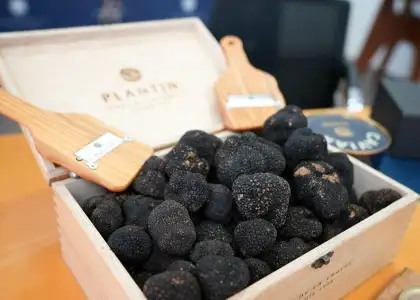
Mickael’s strong relationship with Plantin Kaviari’s vendors and clientele is evident as he looks back on his favorite memories personally bringing chefs from Asia to France to meet the eponymous founders behind the brand.
He speaks highly of his team, vendors, clientele, and shareholders, placing hospitality and relationship-building first. This way, Plantin Kaviari has been able to continue to grow its reputation as a premier curator of luxury food and beverages, artfully expanding their offerings through a small number of handpicked vendors.
Read on to explore Mickael’s journey growing Plantin Kaviari, sustainability initiatives, advice for F&B professionals, and a vibrant future ahead for the gourmet supplier.
Can you share your journey coming to work with Plantin Kaviari?
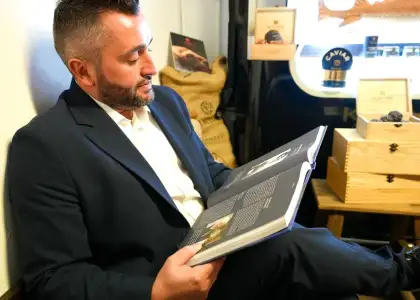
I was in business school in my hometown in France [where] I studied for a Masters in International Business Development and had the chance to join Plantin Kaviari for my last internship of six months. I was feeling really good in Hong Kong and loved the company since the beginning, [so] this is how [I] started.
10 years later, I'm still here, the General Manager of the company, thanks to the trust that our shareholders in France have in us in Hong Kong! I love Hong Kong and really wish to stay for 10 more years.
What initial market gap was Plantin Kaviari trying to fill?
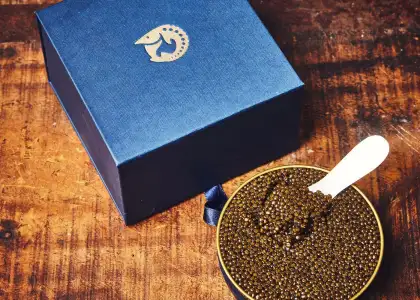
I think “market gap” is a big word because Hong Kong food lovers have the chance to travel a lot and discover [many] products. But we understood 15 years ago that the truffle market and caviar were really interesting to chefs, and there was demand. Of course, this was 15 years ago, and now it’s not the same. Now, the demand is growing because people are more familiar with our products.
So, to be humble, we didn’t try to fill any market gaps. We understood that there is a market and from the beginning, we tried to import a beautiful product to Hong Kong [and] give good services to our customers. This is very important, from how we started to how we [operate] today.
Plantin Kaviari has legendary status in Hong Kong and across Asia, distributing to many of the city’s renowned fine dining and Michelin-star establishments. How did you build these relationships over the years?
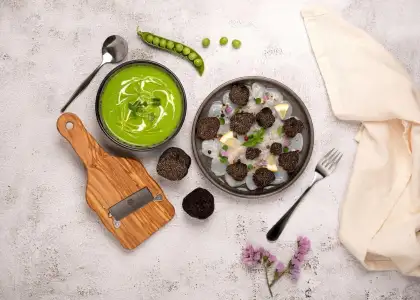
Again, it’s the trust that we got from chefs that built our reputation. We had the chance to build trust with many Michelin-star, fine dining, private clubs, and also casinos because we export to Macau. The most important thing is when you say something, you do it, and it's the philosophy of this company: it’s very important for us to deliver the best service in town.
Everybody can have beautiful products, in France, Japan, Australia, etc., but in the end, the strength of a company is to be reactive, flexible, and work closely with our chefs. And that is how we built a relationship over the years, because we are known to do what we say.
Chefs and private customers know us thanks to our products, but also thanks to our team who is very involved; everybody is very important and gives the best to the company.
What is Gourmet en Provence, Plantin Kaviari’s parent company’s mission?
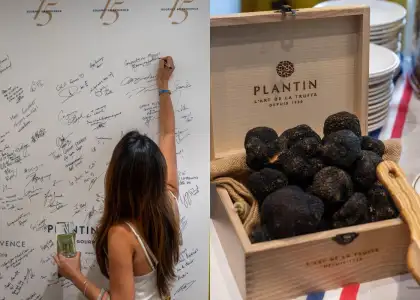
The vision is clear [for] Plantin Kaviari and the shareholders of the company: we want to push across all the brands, and we want to be known for truffle and caviar first. The vision is to continue what we [have been] doing for 15 years.
As we see, Hong Kong’s F&B market is changing, so the vision is to keep our market share and our level of service, and let's see what [more] we can bring.
This is the most important, then we’re going to launch a sustainable program to recycle our caviar tins, give [them] a second life, [give] back to our customers, and then once a month we collect [them] back.
Then we want to do something as they do in Paris at Plantin Kaviari, build art with the tins. Our target is to organize a charity dinner and give the money collected from the dinner to a charity in Hong Kong.
What steps do you take to guarantee the quality of products provided by your vendors?
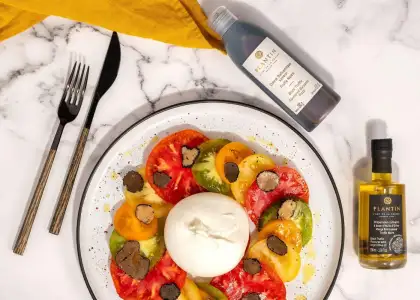
There are two things, there is the ISO certificate that we got for the past six years, then also the relationship we have with our suppliers — this is very important.
The reason that we don't have 100 suppliers: our philosophy is to work with one supplier for one family of products. If possible, visit them in France, understand how they work, and select the products together for the Hong Kong market. Also, welcome them to Hong Kong to promote their products. We are the middleman, but we want our suppliers to work very closely with our customers.
With ethical sourcing and sustainability in mind, what does Plantin Kaviari do to enforce conscious practices throughout your supply chain?
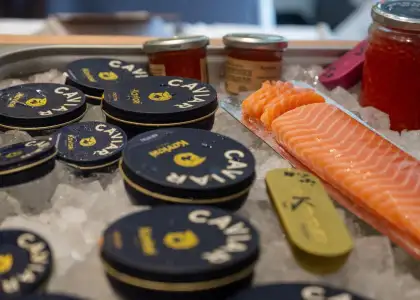
We do our best at all levels, from recycling paper at the office to using recycled paper to make our business cards. But also when we do our daily deliveries to our private customers, we use recyclable cartons, and all the customers are invited upon the delivery to give us back [the boxes] to give [them] a second life.
Of course at our level, it is very important to [lead] our team by example. So we do a lot of internal training to teach and educate our team that we need to respect the world's nature as much as we can.
Congratulations on Plantin Kaviari celebrating its 15th anniversary in Hong Kong this year! What was a challenge you overcame along the way?
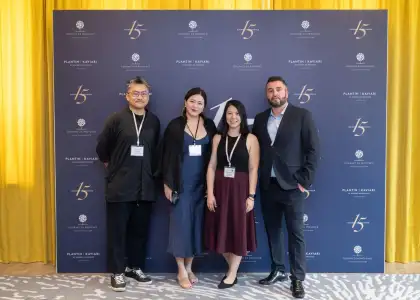
The main challenge I would say is logistics, to be different with our services, and consistency.
The challenge, as always, is to build trust with our customers. In France, service makes a difference. You have many food suppliers in Hong Kong from everywhere in the world and if you want to make a difference, it’s flexibility and reactivity.
Of course, we have some challenges with logistics, because the only things we cannot control are flights, sometimes they can be delayed or canceled. But in the end, the restaurants and our private customers still need the food.
On top of that, what’s a memorable experience in Plantin Kaviari’s rich history you’d love to commemorate?
In our industry, we have a lot of moments of sharing products and nice [memories]. We call F&B a “sharing industry.” We have a lot of moments, but I think [a memorable] experience is when we bring Hong Kong and Macau chefs to Paris to visit our Caviar Museum and be welcomed by Raphaël Bouchez, the Founder of Kaviari with Jacques Nebot.
And also taking the train together [afterward] with the chefs, to go to Plantin, in Provence and be welcomed by Christopher Poron and Nicolas Rouhier to visit the truffle market.
So in five days, you are in Hong Kong, a city of seven million people, then you arrive in Paris, also a big city, and then you end up in a village of less than one thousand in the middle of nowhere to visit the truffle [market]. This is one of the best moments that we share with our customers.
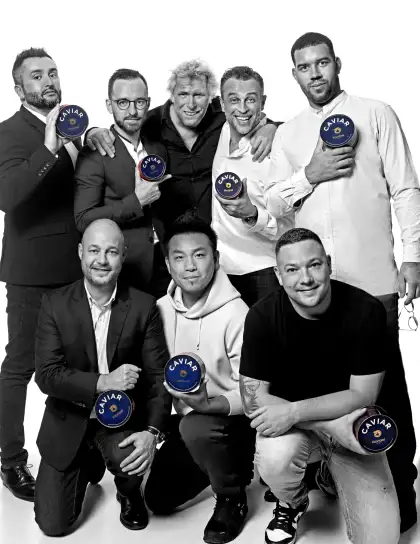
After, it means a lot when there is a 50 Best and Michelin-star Gala because we know that it's very important for chefs but also even if on a small level, we are a part of the team.
We have to deliver the best products to them to make sure that they can elevate their cuisine.
Do you have a main takeaway to share with aspiring F&B entrepreneurs?
I think it’s only one word: consistency.
When you are consistent, you get the trust of your guests, and the guests will come back to you. I think all industries are like this, but particularly in F&B, if one day you like one dish, you will want to come back and have the same memories you had the first time you had been to the restaurant, so consistency is the key to success.
For chefs and restaurant owners, what advice do you have for sourcing the finest quality ingredients?
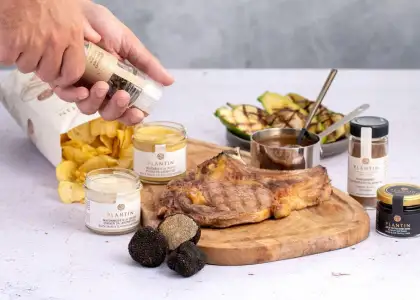
While advice [should not come from] me because it’s a chef’s job to find the best products, I would say that the trust you have with your suppliers is very important. When you have trust, build a relationship, and have clear communication, this is very important.
Personally as the supplier, never let down your customers. If there is any issue, always find a solution and take care of the customer. We have one philosophy at Plantin Kaviari — when there are people who contact us to get our catalogue, we never send the catalogue. We are always delighted to catch up for a coffee and explain what we do, [who we are], and it's always nice to put a face to your supplier.
Communication is the most important to find the finest products. If [your] supplier doesn’t understand you, you will never get what you want.
Alternatively, for those on a budget or just opening new establishments, how do you recommend they prioritize quality in their food whilst working within financial constraints?
Understand the market, how it works from the restaurant’s point of view, but also [on the other side, how to] get supplies.
Opening a restaurant is not easy. There’s a big effort [needed] to be ready for day one. I strongly believe that you need service people, choose the right partners, and in the end, don’t forget that as a chef or restaurant manager, to operate daily, think well in advance [when sourcing ingredients], because there is not too much production in Hong Kong.
What’s next for Plantin Kaviari?
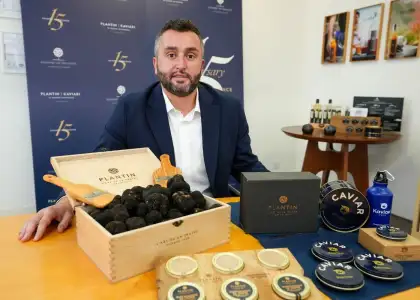
First, sustainability, and working with the same team — we are growing together as the company is growing.
Hopefully, F&B in Hong Kong will shine again, we will be able to do more events or more projects, such as the recycled caviar tin sustainable [program].
But also, we have the chance to organize Four Hands with our chef partners that we have got the trust from for many years. Next will be more events, to [demonstrate] that we are really active in the Hong Kong market.
To learn more about Plantin Kaviari’s offerings, visit www.plantinkaviari.hk.
Enjoyed this article? Check out our previous Elevator Pitch profiles here.
Subscribe to The Beat's newsletter to receive compelling, curated content straight to your inbox! You can also create an account with us for free to start bookmarking articles for later reading.



